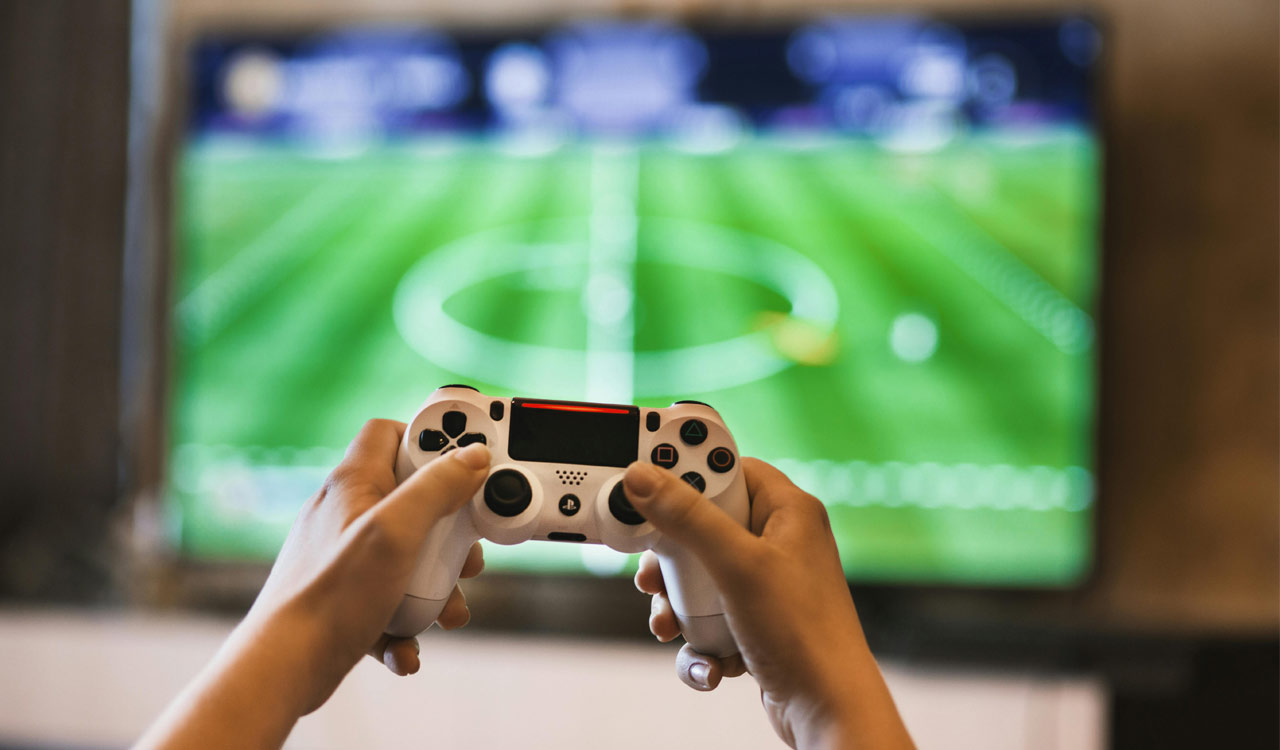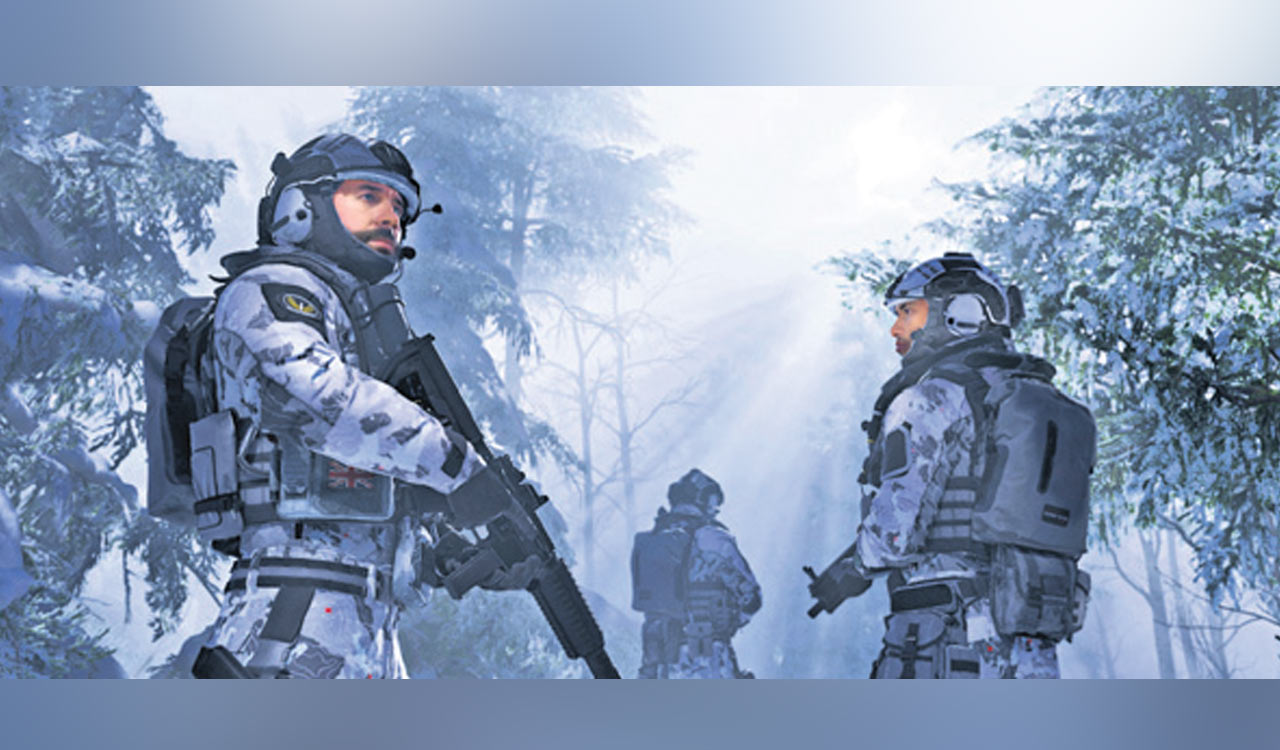Rolling out the big bucks
Hyderabad: Microsoft has done it again; it has gone shopping the way only Rupert Murdoch used to in the late nineties and this time it has paid nearly 10 times more than the $7 billion it paid for Bethesda in 2021. Microsoft has acquired Activision, one of the largest gaming companies in the world and […]

Hyderabad: Microsoft has done it again; it has gone shopping the way only Rupert Murdoch used to in the late nineties and this time it has paid nearly 10 times more than the $7 billion it paid for Bethesda in 2021. Microsoft has acquired Activision, one of the largest gaming companies in the world and makers of popular games like Call of Duty (CoD), World of Warcraft (WoW), Overwatch, Candy Crush, and Crash Bandicoot along with publishing a plethora of games like Sekiro.
The size of the deal while significant, somehow pales in terms of the complex ramifications it will unfold in the gaming sector. I break down today’s article into three sections to try and make sense of how this acquisition would reshape gaming on a global level.
Why did Activision sell?
This is the most important question considering that Activision is a company that generates high year on year revenues as its games CoD, Candy Crush, and WoW remain extremely lucrative with significantly large global player-bases. While WoW has lost a bit of its sheen this decade, it continues to rake in money through monthly subscriptions and CoD is a perennial franchise.
The problems that forced the sale are not financial but work culture related, Activision has been embroiled in investigations on the sexual harassment, discrimination, and toxic work culture fronts (problems Game-On highlighted in August 2021). The problem is so vast that Activision has refused to co-operate with investigators. In such a sticky situation for the beleaguered Activision this acquisition is a well-paid proverbial “get out of jail” card.
What is Microsoft gaining/losing?
With this deal Microsoft gains access to all of Activision – their IPs, their franchises, their vast revenues, the well-established publishing distribution channels, and an extremely large and loyal fanbase. In terms of games, Microsoft acquires a gigantic e-sports presence with CoD, WoW, and Overwatch and a mobile gaming presence with games like Candy Crush; this deal immediately transforms Microsoft into one of the largest forces in the gaming world (if they weren’t already). At this juncture the picture seems too good to be true, so what’s the catch?
Microsoft also acquires Activision’s employee teams in the deal, their work culture, their problems, and their commitments. This is something uncontrollable, intangible, there is no way to contain toxicity, insecurity, and practices that can overlook systemic harassment, discrimination, and gender inequality.
Microsoft has emerged with organograms and hierarchy charts (gaming leadership team they call it) to try and combat the incoming challenges head-on but this is easier said then done. Only time will tell if Activision’s “frat-boy” culture can be contained and reassimilated. However, as history indicates, deals of this size (AoL & Time Warner rings a bell) seldom succeed.
What’s ahead?
The announcement of this deal had significant impact on day one as Sony shares plummeted and $20 billion worth of its valuation was wiped out in a matter of hours. However, this acquisition is more nuanced than most earlier deals, a significant portion of Activision’s revenues come from its partnerships with Sony (exclusive PS content for CoD, Overwatch, Crash Bandicoot) and the shift from being a third-party publisher to a platform exclusive content maker won’t be an easy one.
Microsoft will be aware of the potential losses in revenue if Activision games become Microsoft exclusives as the gamble of acquiring Sony’s loyal player-base will be a lot more difficult and layered. Should Microsoft then pursue platform loyalty or maximum revenues with Activision.
Similarly, in this context what game becomes Microsoft’s flagship Halo or CoD? Which one would take a step back? And at what cost? There is just too much uncertainty here as a single wrong move would wipe out billions.
As gaming companies become more profitable the last two years have turned into years of acquisitions and mergers. Bethesda in 2021 (7.1 B), Zynga in early January (12.7 B) and now Activision take the transactions to well over 80 billion dollars. Suddenly even big hitters like EA and Ubisoft don’t seem safe making us wonder if this is an era of consolidation or reorganisation?
Now you can get handpicked stories from Telangana Today on Telegram everyday. Click the link to subscribe.
Click to follow Telangana Today Facebook page and Twitter .
Related News
-
Stock markets trade higher in early deals on buying in IT shares, fresh foreign fund inflows
9 mins ago -
South Central Railway launches Rail Parcel Logistics app
9 hours ago -
CMR Engineering College hosts CSI AI 100K Program
9 hours ago -
Vote for Mouse Deer conservation, urges Hyderabad zoo
10 hours ago -
Telangana: School Education Dept sets 100% Aadhaar target for students
10 hours ago -
Paras Dogra controversy overshadows J&K’s strong showing against Karnataka
10 hours ago -
India face tough Zimbabwe test after South Africa loss in T20 World Cup
10 hours ago -
India beat Australia in shoot-out to end losing streak in FIH Pro League
10 hours ago




